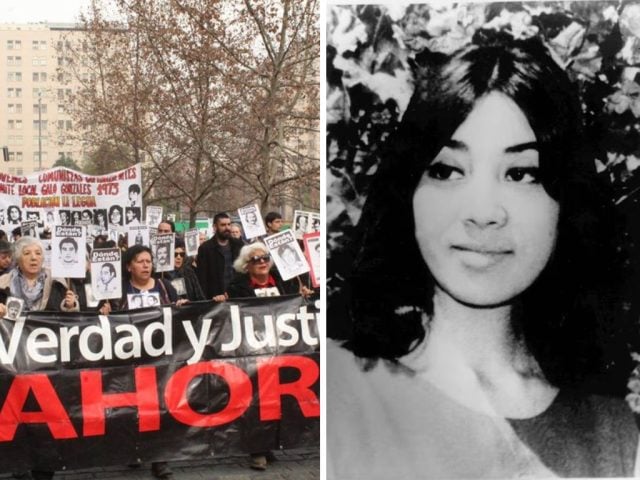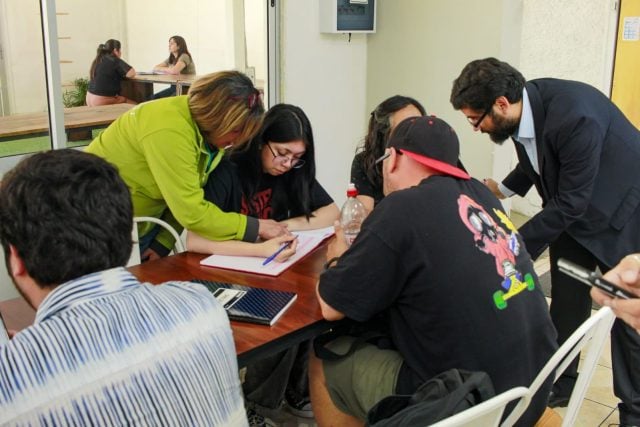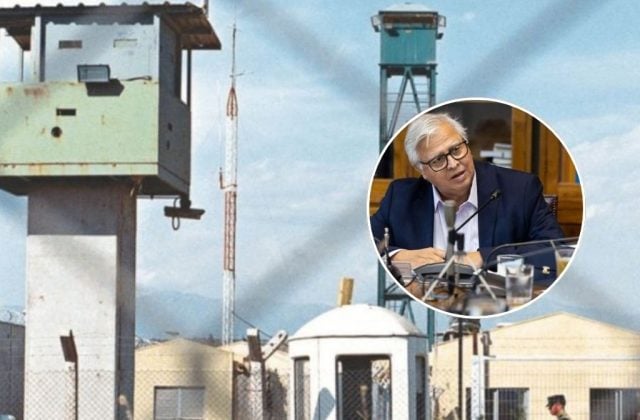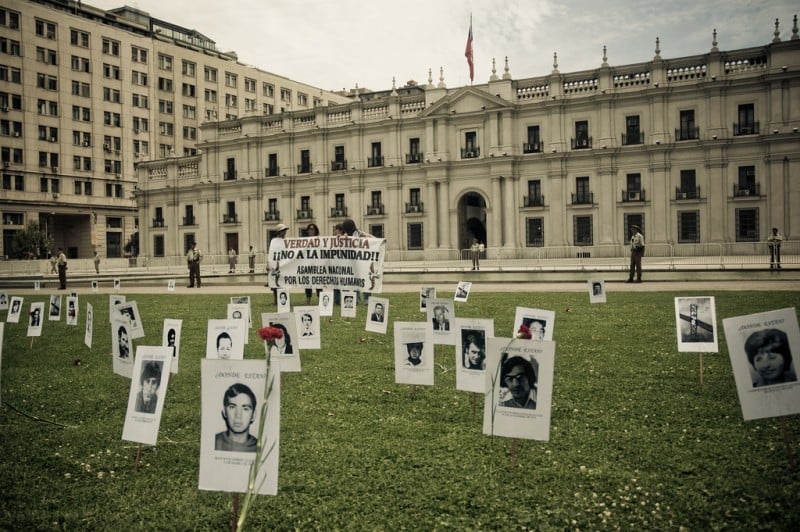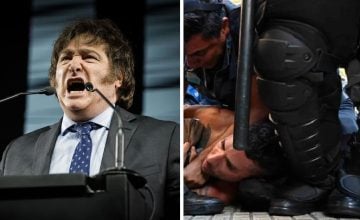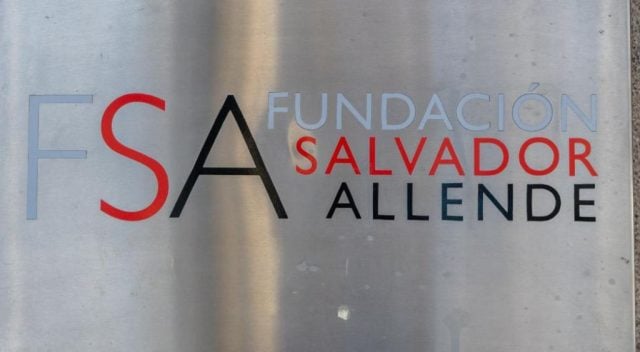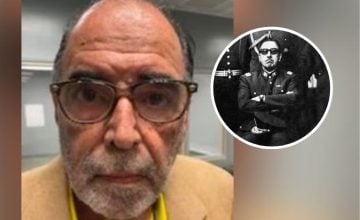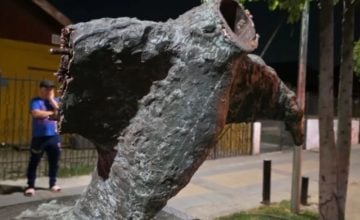In a forceful statement, more than 70 organizations representing victims’ families, memory sites, and human rights defenders raised their voices to reject denialism and reaffirm the historical truth about crimes committed under the civic-military dictatorship. The declaration follows a Chilevisión report on the case of Bernarda Vera Contardo, who has been listed as a disappeared detainee since 1973 and is allegedly living in Argentina today.
In the statement, the signatory groups not only criticized the report’s framing but also demanded that the Chilean State fully and unreservedly uphold its obligations in the pursuit of truth and justice.
On this point, they stressed that it “fails to acknowledge the magnitude of the human rights violations that occurred during the dictatorship” of Augusto Pinochet, between 1973 and 1990.
One case does not erase historical truth
The organizations underscored the need to defend historical truth against the possible instrumentalization of a single case, noting that the disappearance of Bernarda Vera—regardless of how it is ultimately resolved—cannot be used to question the systematic policy of state terrorism carried out in Chile under Pinochet’s regime.
“One case does not erase historical truth. The dictatorship implemented a systematic policy of enforced disappearance, executions, and torture that left thousands of victims. One case, or the late recognition of another, does not weaken that truth; on the contrary, it confirms it. Each new finding reminds us of the scale of these crimes against humanity and the urgency of clarifying every one of them,” they stated.
Demands of a State with an “inescapable obligation”
The communiqué issues a direct call to the State of Chile, reminding authorities of their responsibility to act with maximum diligence in investigating all crimes committed during the dictatorship, and of the need for the National Search Plan to proceed with transparency and effectiveness.
“The State has an inescapable obligation. The State of Chile is required to investigate and prosecute—swiftly and diligently—each and every case of enforced disappearance and political execution. We demand that the National Search Plan operate with effectiveness, transparency, and genuine commitment. Families and society deserve clear, timely information, and the search must not halt in the face of political, bureaucratic, or judicial obstacles,” the groups said.
Truth held by a ‘pact of silence’
One of the statement’s strongest points highlights how perpetrators of crimes against humanity committed during the dictatorship—and their accomplices—continue to conceal the truth, sustaining to this day a “pact of silence.”
“The truth rests with the perpetrators, and they have concealed it. Agents of the State were the abductors, torturers, commanders, and accomplices to these crimes, and to this day they maintain a pact of silence. There were also passive accomplices who enabled these abuses by action or omission. The struggle for truth and justice is the dignified response undertaken from day one—and it will continue tirelessly until full accountability is achieved, both historically and judicially,” they charged.
Firm rejection of denialism and media manipulation
The organizations were especially emphatic in condemning what they described as attempts at denialism and sensationalism in media coverage of the dictatorship’s crimes.
“We reject denialism and manipulation. We denounce any attempt to downplay the dictatorship’s crimes. We condemn media sensationalism that—then and now—instead of helping to clarify the truth, seeks to sow doubt, obscure responsibility, or revive narratives that justify the coup and state terrorism. The memory of the victims cannot be used as spectacle or as a political weapon,” they stated.
Recognition of the historic struggle and a demand for justice
The statement explicitly recognizes the perseverance and dignity of victims’ families, human rights organizations, and memory sites—efforts that have been vital to sustaining the demand for justice in the face of impunity and oblivion.
The more than 70 organizations made their demand clear: “the whole truth, and full justice.”
“We do not accept undue benefits for perpetrators of crimes against humanity—no partial statutes of limitations, no special prison benefits. Impunity cannot be the end of this story. The State must guarantee judicial certainty, comprehensive reparations, and a living memory for present and future generations,” they emphasized.
“The truth lies with the criminals and their accomplices. We will continue to denounce, remember, and demand full justice,” they concluded.
The full public statement follows:
